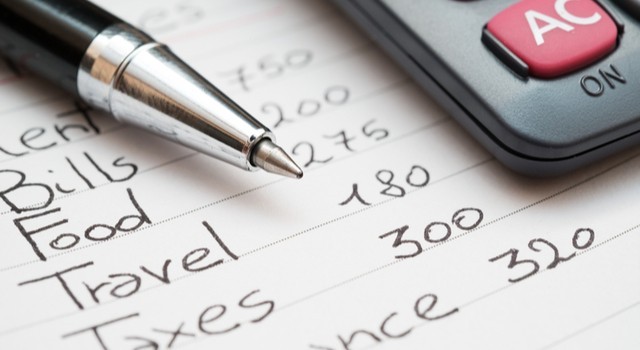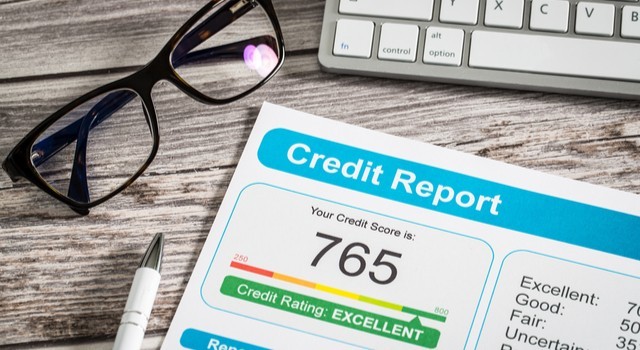Paying off your most expensive debts first is the logical approach to take, as you save money overall. Some people take a different approach and repay the smallest debt first, and then move on to the next one, which can provide some motivation if you have multiple debts.
If you’re repaying a credit card with a time-limited promotional rate, you should try to repay it in full to avoid being moved onto an extremely high rate. Credit card providers typically charge extortionate rates once a promotional rate has expired, so it’s also worth bearing this in mind when deciding which debts to pay off first.
Saving rather than repaying debt
As we mentioned earlier, there are exceptions to repaying debt rather than saving residual income. If you happen to enjoy a higher rate of interest on your savings, you might decide to add the money to your savings.
You may also want to build an emergency fund before paying off debt, to protect you from the effects of unexpected bills. Having to pay for repairs to your car or home, for instance, can devastate your finances.
It’s common to save three to six months’ worth of regular outgoings in case you lose your job, but any amount put aside for an emergency is useful. It reduces the need to use a credit card, and can protect you from entering a debt spiral.





